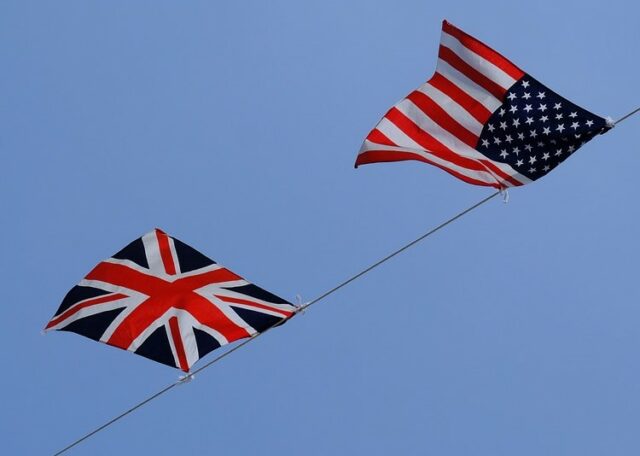iPaulina

The not so special ‘Bojo-Trump’ relationship
Relations are straining as Johnson takes on the Trump administrationIt all started off fine. Donald Trump used the start of his speech at Davos (where the 50th Annual Meeting of the World Economic Forum was held) to describe the ‘tremendous’ possible trade deal with Britain’s ‘wonderful new prime minister.’ However, Boris Johnson was forced to face reality as Trump’s Treasury Secretary, Steven Mnuchin, stated that if Britain went ahead with new taxes on America’s tech companies, ‘they’ll find themselves faced with President Trump’s tariffs.’
One major tension which has arisen between Johnson and Trump is over Huawei. The Chinese tech giant has been allowed to supply 5G equipment to the UK, although it is likely that the US will mount a last-ditch campaign arguing about the security threats is poses. The US believes that Britain is prioritising cost over security – it claims that the technology was funded ‘by the Chinese People’s Liberation Army’ and is a threat to privacy. Officials in Washington believe the Chinese government will make the firm engineer backdoors in its technology, through which information could be accessed by Beijing. Huawei believes that the White House is simply using the firm as a weapon in the ongoing trade rivalry between China and the US. However, Downing Street claims that Huawei’s security risks are manageable- excluding it would be costly and risks delaying 5G. After all, its products are high-quality and cheap (albeit with help from state aid). America’s response to the UK using 5G is rather blunt; if Boris Johnson opts for a closer relationship with the firm, his access to intelligence through the US- dominated Five Eyes club will be restricted.
One other challenge which has come in the way of their relationship is in the rolling out of a new digital services tax, which will be implemented in April (according to Downing Street). In the UK, there is a common consensus for taxing tech companies, unlike the controversial Huawei case which has divided politicians and the intelligence community alike. For example, The Times reported last year that Amazon was paying barely £220 million in direct taxes, amounting to 2% of its total revenues. The government is planning a levy of 2% tax on the UK revenues of search engines, social media companies and online marketplaces, and the Treasury predicts that this could raise £500 million a year. France also decided to pursue a similar tax, but the US is determined to block the move and managed to persuade Macron to delay it, arguing that the tax is discriminatory, and a comprehensive multilateral arrangement is needed instead.
Disagreements over how to deal with Iran have also contributed to rising tension. Britain has struggled to respond to Trump’s demand that the signatories to the 2015 Iran nuclear deal (which limits the development of nuclear weapons in Tehran) join him in tearing it up. His announcement of more sanctions against Iran as part of his ‘maximum pressure’ campaign to limit Iran’s influence in the Middle East is deeply unwelcome and is directly at odds with longstanding British policy. Moreover, the assassination of the Iranian general Qassem Soleimani was seen by many in the UK as an incoherent, short term strategy. The pressure on Britain to declare the deal well and truly dead has mounted, despite its desire to de-escalate tensions in the area and prevent an all- out war.
As the prime minister attempts to improve the chances of a future trade deal with Washington, he must stand up to Trump and his questionable policies whilst preserving ties with America. Although their relationship is frayed, the need for open markets, security ties and commitments to free trade are still at the core of the partnership. In an increasingly divisive world, this must not be forgotten.
Tanya V




